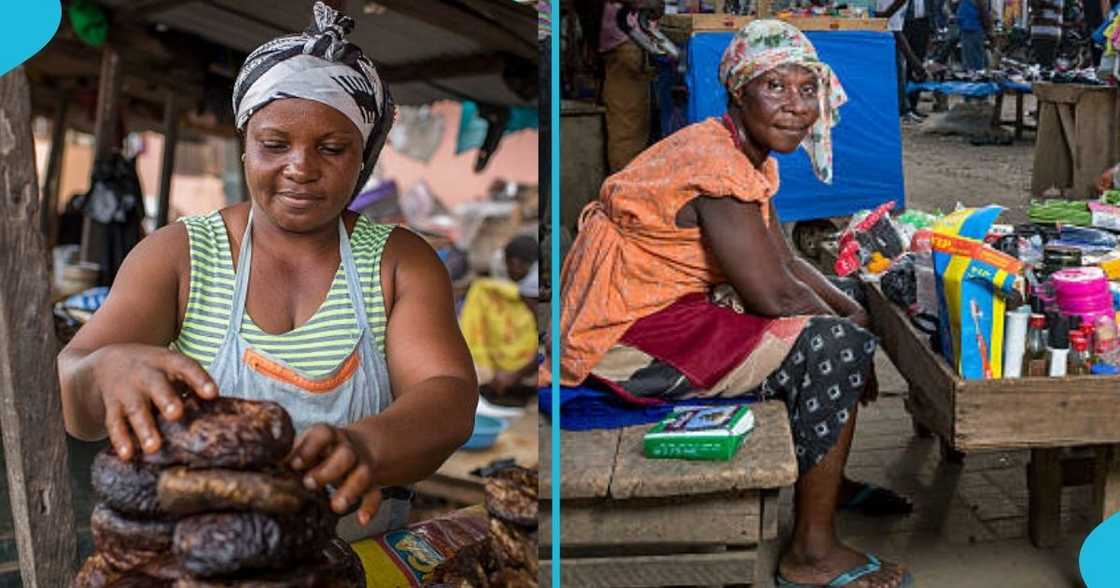Tax Increase: Implementation of Fuel Levy Increase to Begin on July 16
The implementation of the GH¢1 increase per litre in taxes on fuel products will begin from July 16, following a prior postponment.
Citi News reported that the Ghana Revenue Authority has encouraged stakeholders in the petroleum downstream sector to take note of the new rates and make the needed price increases ahead of the effective date.

Source: Getty Images
The Energy Sector Levies (Amendment) Act, 2025 (Act 1141) introduces revised rates for the Energy Sector Shortfall and Debt Repayment Levy (ESSDRL) across several petroleum products.
These changes are expected to help close funding gaps and support the repayment of legacy debts in the energy sector.
The Energy Sector Levies were originally introduced to address money problems in the energy sector.
The latest tax increase is to generate additional revenue to settle outstanding debts and support critical energy infrastructure.
The International Monetary Fund backed the tax increase on fuel products as important to fiscal stability.
The government assured that it will continue to monitor the impact of the levy increase and maintain engagement with industry players.
The Ghana Revenue Authority postponed the implementation of the GH¢1 increase per litre of the Energy Sector Levy due to the recent increase in global oil prices and the need to protect consumers from high fuel costs.
The price rises were linked to instability in the Middle East.
There were concerns that the levy could erode economic stability, which has seen consistent drops in fuel prices.
July 1, 2025, saw a number of tax reforms take effect as part of the Mahama administration's plan to improve revenue mobilisation.
For example, the Ghana Revenue Authority rolled out the Modified Taxation Scheme to improve tax collection from informal sector workers.
The Business and Financial Times noted that the Modified Taxation Scheme is designed to make it easier for small business owners and traders who are not already registered with the Ghana Revenue Authority to pay taxes.
Informal sector workers who earn less than GH¢ 20,000 annually will now pay a fixed quarterly tax ranging between GH¢ 25, GH¢ 35, and GH¢ 45. Those who earn between GH¢ 20,000 and GH¢ 500,000 in a year will pay 3% of their total sales as tax.

Source: Getty Images
Also, all estate developers are to charge VAT on the Rental of Immovable Property and the Supply of Immovable Property by Estate Developers.
Insurance companies are also to charge a 15% VAT on all insurance premiums covered under the VAT (Amendment) Act, 2023 (Act 1107).
Insurance premiums covered for VAT purposes include fire, marine, liability, property, indemnity, engineering, travel, burglary, personal accident and workmen’s compensation insurance.
reported that Fitch Ratings upgraded Ghana’s credit score from ‘Restricted Default’ to ‘B-’ with a stable outlook.
The agency cited successful debt restructuring, improved budget discipline, and a recovering economy as key reasons.
Finance Minister Cassiel Ato Forson welcomed the move, calling it a major milestone and a vote of confidence in Ghana’s future.
Сheck out news that is picked ➡️ click on “Recommended for you” and enjoy!
Source: YEN.com.gh








